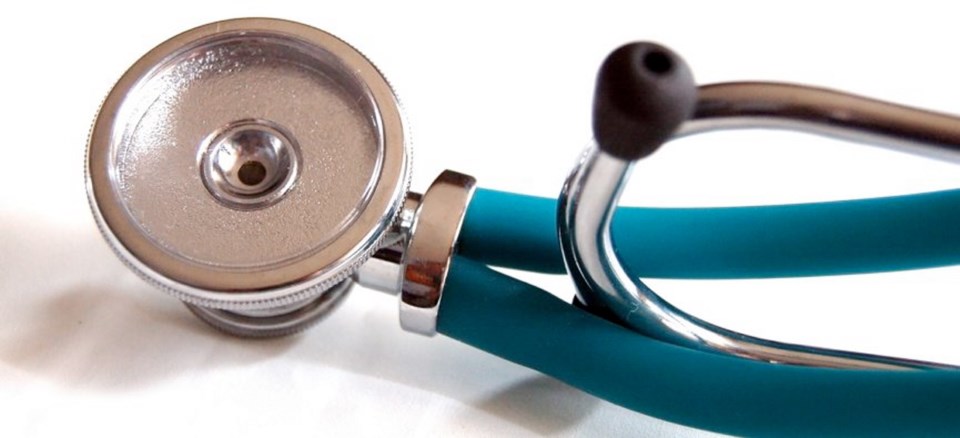What did I learn at my 68th reunion of Harvard Medical School? I learned, from an article written by Stephanie Dutchen, that my brilliant classmate, Melvin Glimcher, physician, engineer and professor, had created the myoelectric elbow. Dubbed “the Boston Arm,” this device is a godsend to upper-arm amputees. But I learned that such a great medical achievement, and others, might be allowed to vanish in a split second. And that it’s time for the medical profession to speak up to prevent nuclear disaster.
An article authored by Jake Miller, a science writer at Harvard’s Office of Communications and External Relations, and published in Harvard Medicine, shows how complacent we have become about the catastrophic consequences of nuclear war.
Miller relates that Dr. Ira Helfand, in Springfield, Massachusetts, has been a leader of Physicians for Social Responsibility and International Physicians for the Prevention of Nuclear War. He’s also a member of a committee to abolish nuclear weapons.
Today, we have become accustomed to the threat of nuclear conflict. In the 1950s, North Americans built fallout shelters to protect against nuclear radiation. Today, we hear little about safety precautions. U.S. President Donald Trump and Kim Jong-un of North Korea frequently tossed insults at one another with threats of nuclear destruction, and might again.
Heland states that the public claims to understand the dangers of nuclear conflict. But when he explains the details of what could actually happen “their pupils dilate.”
Prof. Bernard Lown of Harvard Medical School, a cardiologist and inventor of the DC defibrillator, after attending a talk about nuclear war, remarked: “A nuclear bomb is not just a bigger bomb, it kills everything, not just humans, and pollutes everything.
It leaves a residue of radiation, causes genetic changes and a pathology that is passed from generation to generation.”
For instance, if a nuclear bomb struck Boston, an estimated two million people would die and one million would need medical attention. Can you imagine the suffering and chaos? And those in shelters 25 kilometres away would be crushed by collapsing buildings, or die of suffocation as fires consumed available oxygen.
Will the few surviving doctors be able to respond? The article states that the Hippocratic Oath that has guided physicians for years would be obsolete, and the suffering so immense that demands for euthanasia would be on a scale never before contemplated.
Even a regional nuclear war is unthinkable. This would send seven million tonnes of black light absorbing soot into the atmosphere causing crop failures, famine and death to two billion people.
Can nuclear war be prevented? Look at human history. All you see is a nightmare scenario of war after war. Surely, the commandment “do unto others as you would have them do unto you,” is the soundest edit ever written. But for 2,000 years, people of all religions have slaughtered one another.
I doubt Las Vegas gamblers would bet money on cessation when two unstable leaders hurl nuclear threats at each other.
What about our politicians? Consider their track record: They can’t even provide a balanced budget. They talk with a forked tongue, lying through their teeth just enough to get elected. The shocking truth is that most of us would not hire any of them to run a third-rate restaurant.
So what is needed to prevent a nuclear holocaust? I would hope that thousands of religious leaders would preach a sermon about the danger next Sunday. I would hope that activists who organize worldwide demonstrations for other causes, would do the same for the elimination of nuclear weapons. I’d hope that just for one week editors would put this column on every front page. But it seems hell will freeze over before all this occurs.
So what do I fear? First, that none of the above will happen and we all suffer and die horribly. I fear the Boston Arm, and all other scientific achievements of Harvard Medical School, and the world, will come to an end in a split second. I fear the monumental waste of years of scientific achievement and the lack of empathy to human beings. I fear the monumental loss of human ingenuity.
The Dark Ages times 10.

